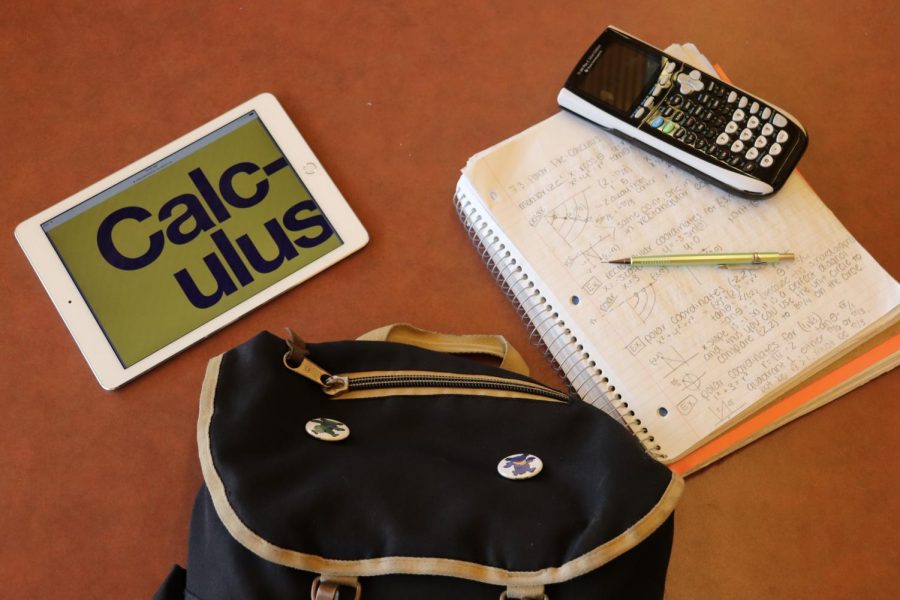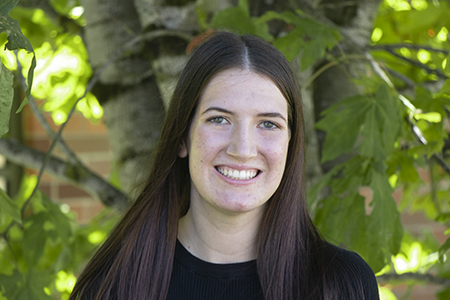More Than Just Academics: Why Schools Should Prepare Students for Life After High School
In a Civic Enterprises survey on high school dropouts, four out of five students wished there were more real-world learning opportunities. Teens should be educated on subjects such as how to pay taxes and manage money, instead of a circle’s circumference.
January 23, 2019
Most of the curriculum taught in high schools focuses only on academic information, and rarely gives students opportunities to learn new life skills. The classes are there to prepare students for college and its workload, but what happens when you aren’t behind a desk?
High schools are equipped to prepare students for college academically, but they seem to overlook how students will handle the real life challenges of adulthood socially, financially, and emotionally.
Students are expected to pay attention and learn how to calculate the circumference of a circle, or where the Battle of Stalingrad was located, but they are rarely taught the necessities of life.
After four years of high school, you are expected to act as an adult, and for many they receive the same responsibilities as one. Independent 18-year-olds are supposed to know how to live on their own; as an adult, you are expected to pay rent, vote, write checks, manage money, and get a decent job. To live a steady and healthy life, one must do those things and more, but no class ever takes the time to teach students how.
As a student, I find myself constantly stressing about what happens after high school. I worry about what college I will get into, what job I will get, and how I will learn to support myself. With a class like home economics where students learn how to handle real-life situations, I would be less worried about my life after high school.
This class should be mandatory for all seniors to take. It would cover everything young adults might need to know before they are thrown into the real world. A few things that students should learn in the course are how to pay taxes, manage money, invest, have good insurance, time management, and critical thinking skills.
Skills like these could be invaluable for students to learn, and extremely helpful in the future. This class would be important because of how unprepared most teenagers are once they leave high school.
“School doesn’t teach us really about that kind of stuff, but my parents have taught me about money and how to save it,” senior Justin Evans said. “But there is still stuff to learn.”
Like Evans, most students rely on their parents to teach them about important life skills instead of their school.
A survey was conducted on high school dropouts by Civic Enterprises, and the results were eye opening; according to the study, “four out of five students said they wished they’d had more opportunity to do real-world learning in high school.” If schools added more hands-on classes with real world applications, it is probable that fewer students would drop out of school at such a young age.
I urge the administration to take action and prioritize life skills as well as academics. Time never stops, and students become adults quickly, so the sooner we realize how important it is to educate teens about their future, the sooner young adults will be able to master these important life skills and be prepared for adulthood.
Photo by Matt Ragland on Unsplash. Used with permission.







Gina Bjorvik • Jan 24, 2019 at 8:17 pm
Hi, I’m a parent. I appreciate you, as a young person on her way to adulthood, recognizing this problem and writing about it. You are spot on with regards to young adults not having a clear understanding of just what it’s going to take to be a functioning adult in the real world. Classes like home economics (cooking, nutrition, sewing, etc.) and personal finance have all gone by the wayside in the interest of pushing more classes to prepare you for college. And while these college prep classes are important, it’s also important to learn about everyday life skills. Fyi, I have been asking La Salle for two years to offer a Personal Finance class as an elective. When I was in high school Personal Finance was a required class. It, above all other classes, was the best class to help prepare me to live in an adult world.
Luca Blue Tidrick-Schmidt • Jan 23, 2019 at 7:39 pm
It is definitely evident that over the years the norm for teenagers has taken a big turn, and the responsibilities associated with that norm are far different from how they were (in my opinion). This is why I very much agree that students need a place to learn about “the real world” and how to support themselves. Within that same criteria I also would love to see more ways our school and society would support building resiliency in teens, before they’re fully on their own.